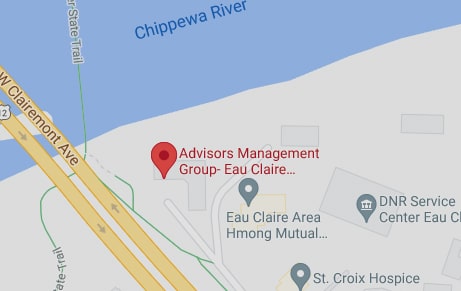The word credit card often creates a lot of anxiety for people, however when used appropriately, credit cards can be a great tool in managing your household finances. Whether you are already in a financially sound situation or you are just starting out, here are a few basic principles that can help you to master using credit cards
Before you get a credit card, it’s important for you to have a solid financial foundation. To utilize a credit card effectively, you should understand exactly what your expenses are compared to your income. Be sure that you only charge what you can afford to pay when the bill comes. If you must use your card for an emergency, try to pay off the balance when it comes. If you cannot pay your balance in full, you will be charged interest on the balance of your credit card each month that you carry that balance. Should you find yourself in this situation, pay as much as you can to bring the balance down quickly. While it may not seem like a big deal, paying interest makes the purchases more expensive over time.
Be an Informed Consumer
Before applying for a new credit card, understand the terms and conditions of the card and consider potential impacts to your credit score. Be sure to understand the interest rate and the various fees a card might charge. Interest rates and late payment fees can vary greatly from card to card and some cards charge an annual fee. While applying for a new credit card could impact your credit score, other situations such as missing payments, or carrying large balances month-over-month can also negatively affect your credit score. Consider using a credit monitoring service to help monitor your credit and project the possible impact of different financial transactions.
Credit Cards for Establishing Credit
While credit cards can get a bad rap, they can also help improve your credit score if they are used wisely. By paying off your balance at the end of each month, not missing payments, and not maxing out your cards or carrying too much revolving debt, you can positively impact your credit score. This demonstrates that you can maintain low balances on your cards while using them frequently and shows a good track record of managing your credit cards.
Students will often get their first credit card while in college. There are special cards that offer lower credit limits and will allow for individuals with limited credit history to get a credit card for emergencies or travel purposes. These cards are great for charging small amounts on a regular basis and paying it off when the bill comes.
Credit Card users who are trying to recover their credit or are just starting to establish credit may want to consider charging a basic item such as their groceries or gasoline for the month and pay the balance in full every month.
A Word on Rewards Cards
Credit cards that offer in store discounts, cash back, travel, etc. can be very enticing. If you are charging your normal expenses and pay off your balance at the end of the month, you can enjoy the rewards the card offers. You should not however, charge things you cannot pay off just to let the points add up. The interest you will pay will exceed the reward that the card offers.
While credit cards can get a bad rap, utilizing them in a smart way can be a convenient way to manage your cash flow, help you in tracking your expenses and can help you to show a history of good habits on your credit report.
 |
Ashley VegaInvestment Advisor Representative Ashley graduated from Winona State University with a Bachelor of Science in Business Administration. In 2005, she joined Advisors Management Group part-time as a part of the Administration team. After leaving AMG temporarily, she returned to Advisors Management Group full time in 2015 and became an Investment Advisor Representative and Tax Preparer in 2019. |
Advisors Management Group, Inc. is a registered investment adviser whose principal office is located in Wisconsin. Opinions expressed are those of AMG and are subject to change, not guaranteed, and should not be considered recommendations to buy or sell any security. Past performance is no guarantee of future returns, and investing involves multiple risks, including, but not limited to, the risk of permanent losses. Please do not send orders via e-mail as they are not binding and cannot be acted upon. Please be advised it remains the responsibility of our clients to inform AMG of any changes in their investment objectives and/or financial situation. This commentary is limited to the dissemination of general information pertaining to AMG’s investment advisory/management services. Any subsequent, direct communication by AMG with a prospective client shall be conducted by a representative that is either registered or qualifies for an exemption or exclusion from registration in the state where the prospective client resides. A copy of our current written disclosure statement discussing our advisory services and fees continues to remain available for your review upon request.



